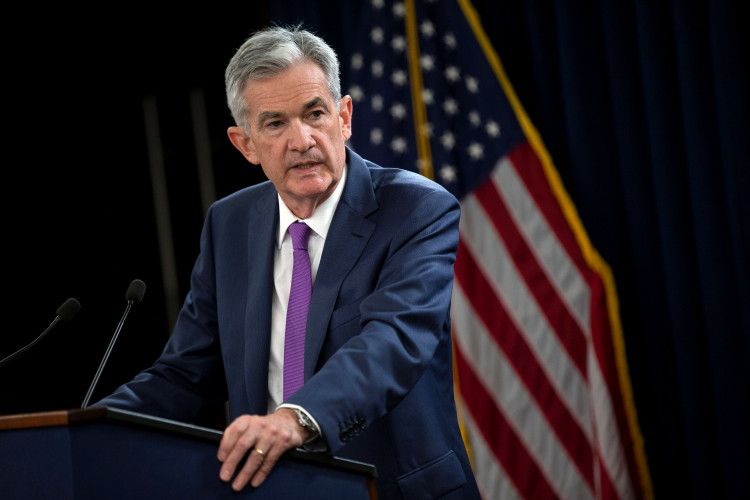The forthcoming interest rate cut by the U.S. Federal Reserve, the country's central bank, stands to benefit China as it struggles to cope with the injurious effects of Trump's trade war on its economy.
The looser monetary policy environment a Fed rate cut will create will reduce pressure on the People's Bank of China (PBOC) to ease monetary policy by ramping-up stimulus measures and implementing its own rate cut, said some analysts.
On January 30, the Fed said it will keep its target range for its benchmark interest rate at 2.25% to 2.5%, the range it announced at its meeting on December 19, 2018.
PBOC is still struggling to contain the effects of Trump's trade war on China and lower U.S. interest rates should limit the outward flow of Chinese money to the U.S. It's also cut financing costs to private enterprises to stimulate hiring and growth.
Private firms, and not the huge state-owned enterprises (SOEs), are responsible for most of China's economic growth and employment.
"If the Fed does go ahead and cut rates, which I don't think is a given ... it simply means the PBoC has a little breathing room to see if the policies it has implemented have an impact on the real economy," said Hannah Anderson, global market strategist at J.P. Morgan Asset Management, told CNBC.
Lower U.S. rates will also ease the pressure on PBOC to let the yuan to depreciate. This result will make it easier for PBOC to attain its goal of keeping the exchange rate stable.
Some American analysts, however, expect PBOC to cut interest rates if the Fed does so by the end of the month.
"If (make that when) the Fed cuts rates then it's quite likely the PBOC will follow suit," argues Leland Miller, chief executive officer of China Beige Book.
Leland, however, believes any benchmark interest rate cut will be a purely a symbolic move that won't affect most corporations. He said only a small number of SOEs pay the benchmark rate, and most of those firms don't have to repay their loans.
A Reuters poll released Wednesday, however, show economists expect PBOC will keep its benchmark rate unchanged this year. The central bank will again cut banks' reserve requirement ratio twice more in the second half of this year to free up more capital for corporate expansion. China is also supporting its struggling businessmen by implementing tax cuts in the latest round of stimulus.
Current economic data also supports the argument for PBOC not having to cut rates since the current economic slowdown isn't negative enough to warrant a major policy change right now. Some economist also said stimulating the property and infrastructure sectors is more important to Beijing than cutting interest rates.





